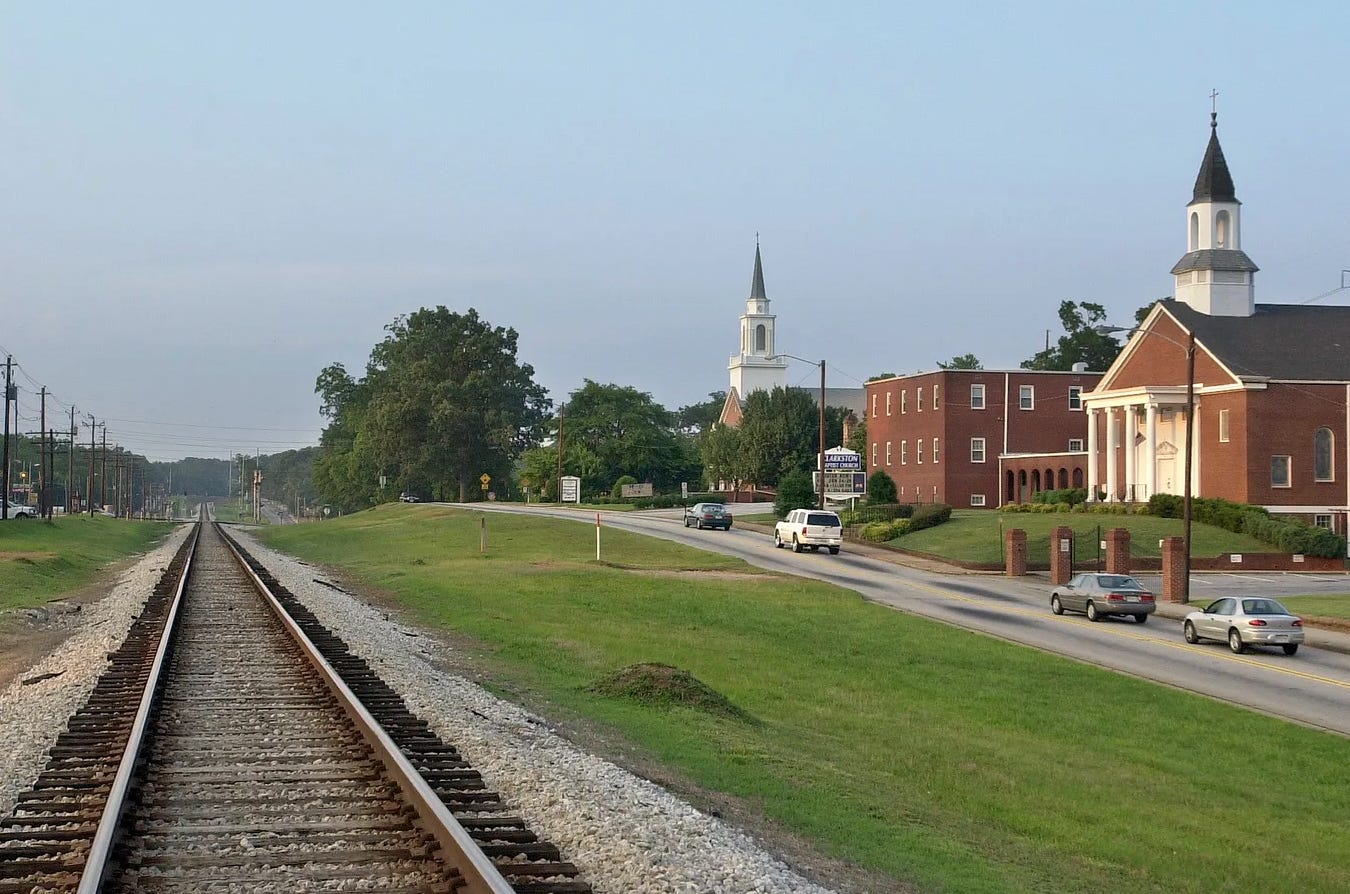"It's a crisis."
Refugee advocates say not enough housing in Clarkston area for newly arriving Afghan families.

This week, I spoke with multiple refugee resettlement advocates who all shared the same anxiety- that hundreds of Afghans have arrived in Atlanta over the last two months and they haven't been able to find housing for at least half of them.
These families, some as large as 14, are having to stay in temporary housing - Airbnbs or extended stay hotels. After weeks at US military bases, they continue to live in limbo, making it tricky to enroll kids in school or find jobs.
"It's a crisis...there just isn't enough housing in Clarkston and Stone Mountain," said Hogai Nassery of the Afghan American Alliance of Georgia.
Advocates say Clarkston is an ideal resettlement city for refugees because of walkability, access to public transit, availability of social support agencies, and strong communities. "I will say that 90% of refugees that come to Metro Atlanta will go to Clarkston," said Aimee Zangandou, Director of Refugee and Immigrant Services at Inspiritus, one of the four Atlanta based resettlement agencies that's been working to support newly arriving Afghans.
These days, finding housing in Clarkston, or even in surrounding cities like Tucker and Stone Mountain, isn't guaranteed.
"Almost always, Clarkston has been able to absorb a large volume of refugees. But it can't anymore. There's a lot of reasons - the pandemic, people not moving out...and there just aren't enough units to handle the amount of people coming in," said John Arnold, Senior Housing Manager for The Welcome Co-op. He's worked with refugee communities in the area for 25 years and says he's never seen anything like this.
"There have been years in the past when we got more refugees, but it wasn't all at once, like it is now," he said. "I need 65 or 70 homes right now. That doesn't include daily numbers being added, and that will be added in January or February."
Aimee says military bases where thousands of Afghan evacuees are staying, will close in the coming months, and that this winter, she'll be even busier. She expects to help resettle 450 more individuals from Afghanistan by the end of December. The majority will come to Atlanta, and a few dozen people will resettle in Birmingham and Savannah.
It's not just a lack of apartment units in the Clarkston area that's been a challenge. Property owners can be reluctant to rent to tenants who don't yet have jobs or adequate paperwork. "I've spoken to mosques to see if anyone in their communities has properties they could rent, that could accept a tenant that doesn't have a background or credit check," said Hogai.
The combination of the housing shortage, realities of the pandemic, and renting to non traditional tenants are all factors exacerbating the situation, "There's a shortage of housing generally speaking and then add the fact that when renting to refugees, to have to bend the rules a bit, that all plays into the mix," said Aimee.
The message from all three advocates was clear - demands for housing are high and getting higher and they're looking to connect with anyone who can help.
Contact info for the organizations: The Welcome Co-Op: info@welcomeco-op.org; Inspiritus: Sarah.Burke@weinspirit.org; Afghan American Alliance of Georgia: afgameralliancega@gmail.com




